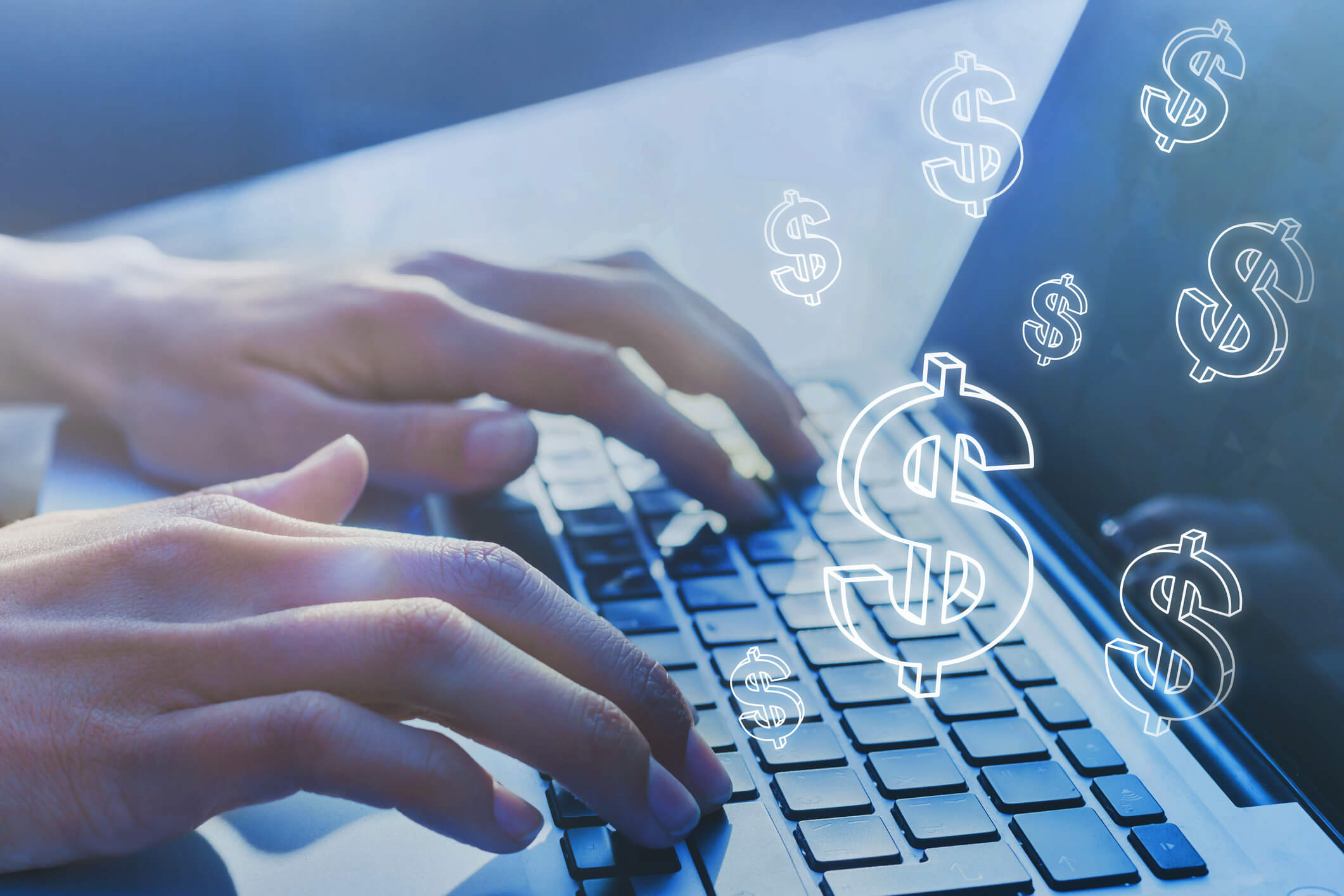Investing is investing money with the idea that that investment will increase in value. You can invest in, for example, shares and bonds, bitcoins, other cryptocurrencies, or real estate.
When to Invest
Only invest with money you can afford to lose. In the worst-case scenario, if the investment yields little or nothing, it should have no impact on getting by in your day-to-day life. You still must do your shopping and pay the rent or mortgage. If you want to invest with savings, make sure you always build up a buffer first. You can calculate your minimum buffer with our Buffer calculator. If you have more protection than the minimum buffer for your situation, you can take more risk and invest with that money.

Are You Saving or Investing?
The choice of saving or investing depends on several things. Do you want to take risks with the money, or do you prefer security? How long can you miss the money? For what purpose do you put money aside? Investing can be interesting for some savings goals but less so for others.
If you have some money left over, the online money plan saving, repaying, or investing will help you make choices.
The Return from Investing
If you are going to invest, there are different forms of return: an annual fee, for example, interest or dividend, and capital gains. You can invest in stocks, bonds, or mutual funds. You can also invest in options, real estate, gold, and art. Often, the more profit you can make, the greater the risk.

Interest or Dividend
For certain forms of investment, you will receive compensation every year:
With bonds, you receive interest every year.
You may receive a dividend with shares. The benefit depends on how well a business runs. If you invest in a company that is not performing well, there is a risk that you will receive little or no compensation for a year.
You can receive a rental income if you invest in a second home.
Stock Price
With many investments, the return is also included in price gain. Capital gains mean you sell the assets for more money than you paid. Sometimes, you get back less for your investment than you paid. You will then suffer a loss.
Some investments do not give an annual fee; only price gain is the basis for return. It applies, for example, to options, gold, art, bitcoins, or other cryptocurrencies. The prices of these types of investments depend much more on sentiment and thus fluctuate much more strongly than bonds and equities.
Investing in Real Estate
Investing money in real estate can be a stable choice if you invest part of your capital in physical, tangible things. A disadvantage is that you must have significant equity capital to buy real estate.
Fortunately, in 2022, there are a lot of other opportunities to invest in real estate with little money. For example, some companies offer real estate investments to invest in real estate from $189.
Investing in Gold and Silver
In principle, gold or silver yields nothing, at least not in the form of interest. Precious metals are generally regarded to protect against inflation or when other investments risk becoming loss-making.
However, this protection is usually only a reality in the long term. In a short time, the value of gold and silver can fluctuate a lot. Silver prices are even more erratic than gold because the market is smaller.

Investing in Solar Panels (on Your Own or Someone Else’s Roof)
Placing solar panels on your roof or investing in panels on the roofs of schools, swimming pools, and other public buildings can be an excellent way to invest your money sustainably. They are also an excellent alternative to saving.
However, is it still enjoyable to invest in solar panels today?
The decisions of governments to phase out or cancel a lot of subsidies make many Dutch people hesitant to invest in energy-saving measures.
It certainly applies to solar panels. Nevertheless, solar panels will still be profitable in 2022.
Net Return
When we talk about investments, we often speak of returns. It indicates the return on the investment. It is essential to check whether it concerns gross or net returns. Look especially at the net return. Costs and premiums have not yet been deducted from the income in the gross recovery. So, it seems you are getting more than you will. Important: the net return is an indication but never a guarantee. About Complete Controller® – America’s Bookkeeping Experts Complete Controller is the Nation’s Leader in virtual bookkeeping, providing service to businesses and households alike. Utilizing Complete Controller’s technology, clients gain access to a cloud platform where their QuickBooks™️ file, critical financial documents, and back-office tools are hosted in an efficient SSO environment. Complete Controller’s team of certified US-based accounting professionals provide bookkeeping, record storage, performance reporting, and controller services including training, cash-flow management, budgeting and forecasting, process and controls advisement, and bill-pay. With flat-rate service plans, Complete Controller is the most cost-effective expert accounting solution for business, family-office, trusts, and households of any size or complexity.
About Complete Controller® – America’s Bookkeeping Experts Complete Controller is the Nation’s Leader in virtual bookkeeping, providing service to businesses and households alike. Utilizing Complete Controller’s technology, clients gain access to a cloud platform where their QuickBooks™️ file, critical financial documents, and back-office tools are hosted in an efficient SSO environment. Complete Controller’s team of certified US-based accounting professionals provide bookkeeping, record storage, performance reporting, and controller services including training, cash-flow management, budgeting and forecasting, process and controls advisement, and bill-pay. With flat-rate service plans, Complete Controller is the most cost-effective expert accounting solution for business, family-office, trusts, and households of any size or complexity.




